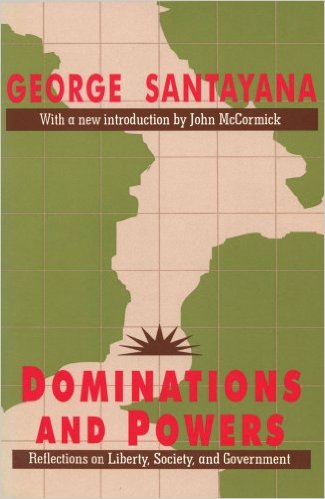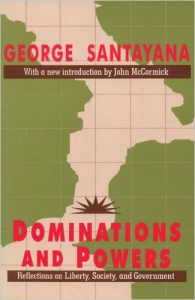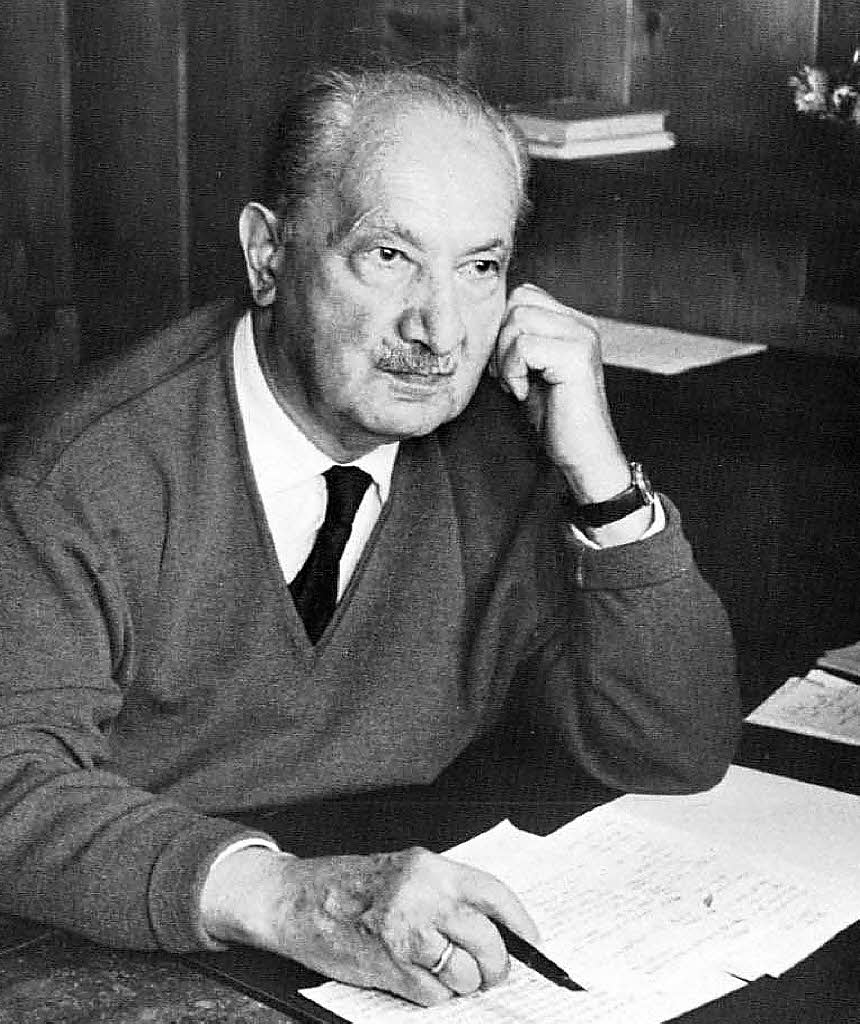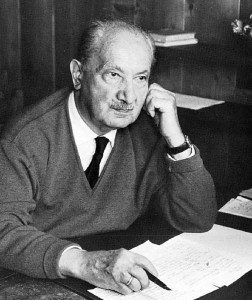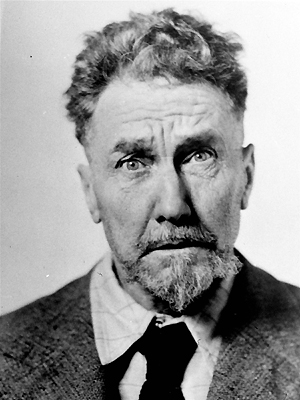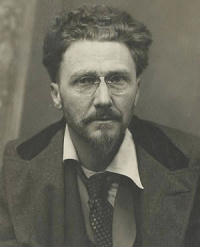 To Ezra Loomis Pound
To Ezra Loomis Pound
Hotel Danieli, Venice
Venice. January 20, 1940
Dear E. P.
This mustn’t go on for ever, but I have a word to say, in the direction of fathoming your potential philosophy. When is a thing not static? When it jumps or when it makes you jump? Evidently the latter, in the case of Chinese ideograms, you being your thoughts. And these jumps are to particulars, not regressive, to general terms. Classifications are not poetry. I grant that, but think that classifications may be important practically; e.g. poisons; how much? What number? There is another kind of regression towards materials, causes, genealogies. Pudding may not suggest pie, but plums, cook, fire. These are generalities that classify not data but conditions for producing the data. When you ask for jumps to other particulars, you don’t mean (I suppose) any other particulars, although your tendency to jump is so irresistible that the bond between the particulars jumped to is not always apparent. It is a mental grab-bag. A latent classification or a latent genetic connection would seem to be required, if utter miscellaneousness is to be avoided.
As to the Jews, I too like the Greek element in Christendom better than the Jewish; yet the Jews, egotistically and fantastically, were after a kind of good, milk and honey and money. That gives them a hold on reality that can’t be denied. Reality is not miscellaneous sensations, but matter generating everything else under specific conditions. The Jews made a mistake in putting Jehovah instead of matter at the top: but now they have corrected that.
Yours G.S.
From The Letters of George Santayana: Book Six, 1937-1940. Cambridge, MA: The MIT Press, 2004.
Location of manuscript: The Beinecke Rare Book and Manuscript Library, Yale University, New Haven CT.


